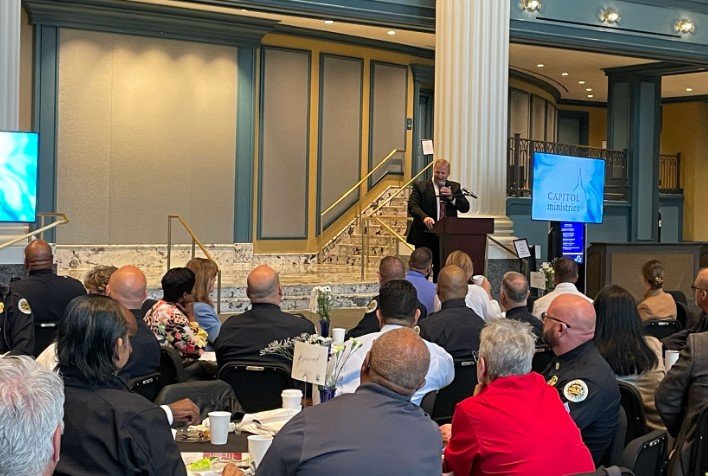In an unprecedented event, a Bible study group’s use of a legislative hearing room has sparked a debate over the appropriate use of state legislative spaces. This incident has prompted calls for increased scrutiny and raised questions about the separation of church and state.
The Incident and Immediate Fallout
The discovery of a Bible study group convening in a legislative hearing room without authorization has led to immediate repercussions. The group, known for ministering to the State Capitol, now faces criticism for this oversight.
The first paragraph would detail the unauthorized use of the hearing room by the Bible study group, setting the stage for the controversy. The second paragraph would explore the initial reactions from various stakeholders within the State Capitol, including legislators and staff. The third paragraph would discuss the measures taken in response to the incident, such as any investigations or changes in policy.

Separation of Church and State
The core of the debate centers on the principle of separation of church and state, a cornerstone of democratic governance. This incident has brought this principle into sharp focus, with many questioning how it applies to the use of state facilities.
The first paragraph would delve into the historical context of the separation of church and state, providing background on its importance. The second paragraph would analyze how this principle is being tested in the current scenario, considering the perspectives of both proponents and opponents of the group’s actions. The third paragraph would consider the potential long-term implications for legislative operations and the precedent it sets for future use of state spaces.
Moving Forward: Policy and Perception
As the dust settles, the State Capitol is left to grapple with the implications of this event. The need for clear policies and the public’s perception of the legislature’s impartiality are now at the forefront of discussions.
The first paragraph would discuss the possible policy changes that could be implemented to prevent similar incidents. The second paragraph would address the public’s perception of the legislature in light of this event and the importance of maintaining trust in governmental institutions. The third paragraph would speculate on the broader impact this controversy may have on the relationship between religious groups and the state government.

Comments